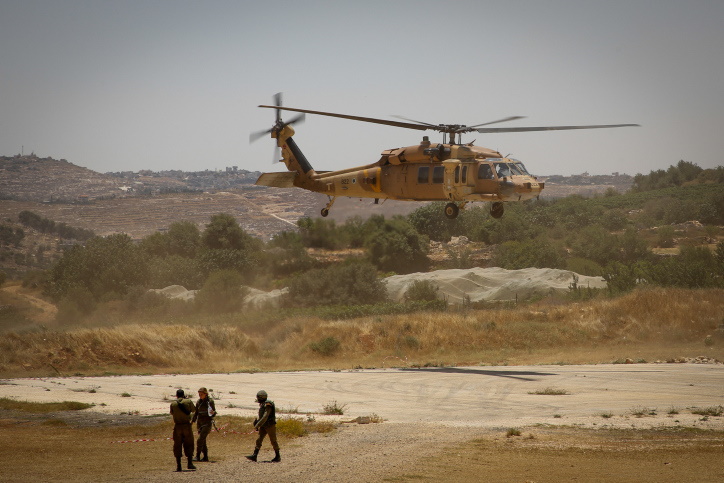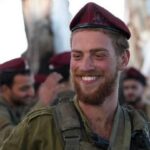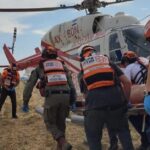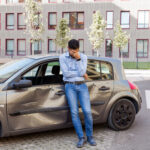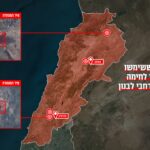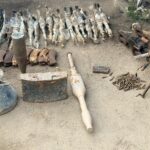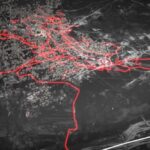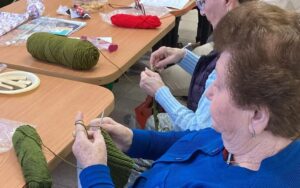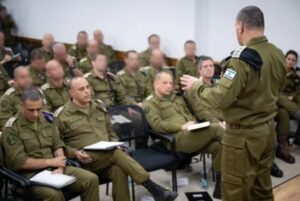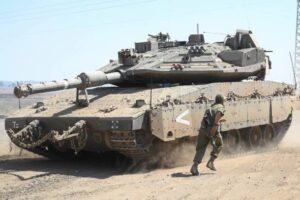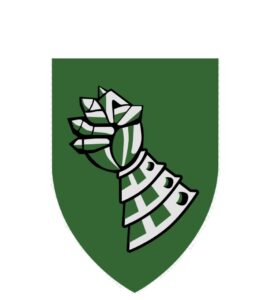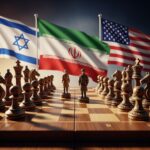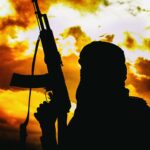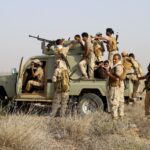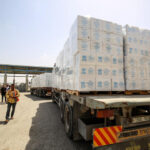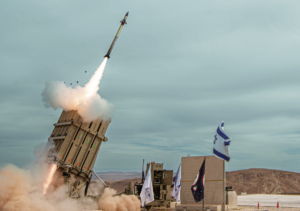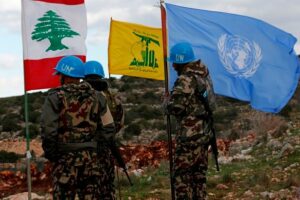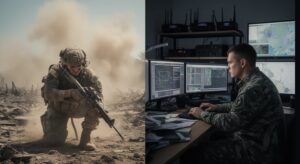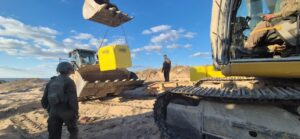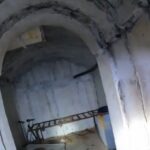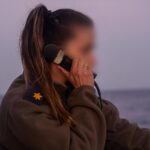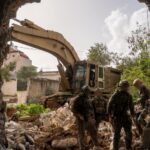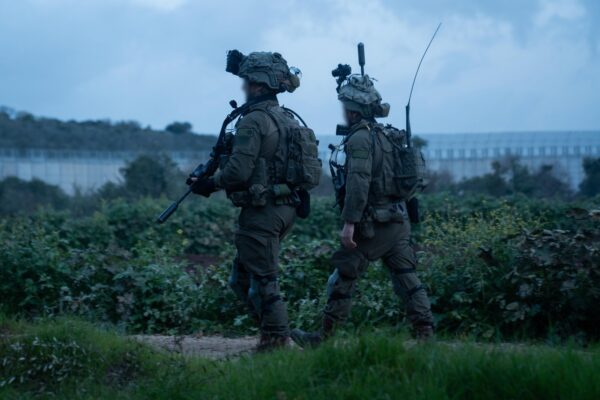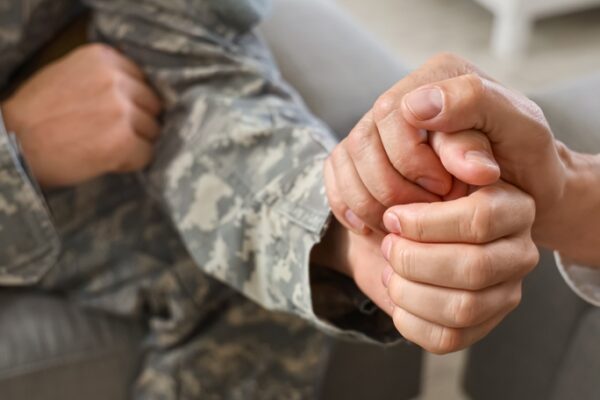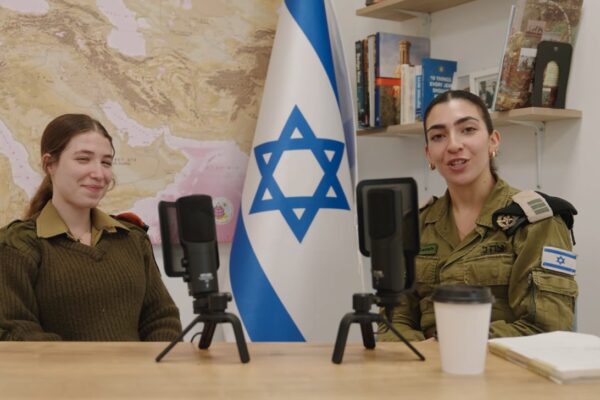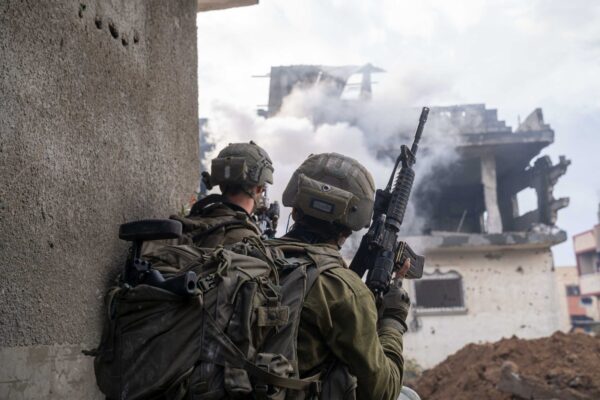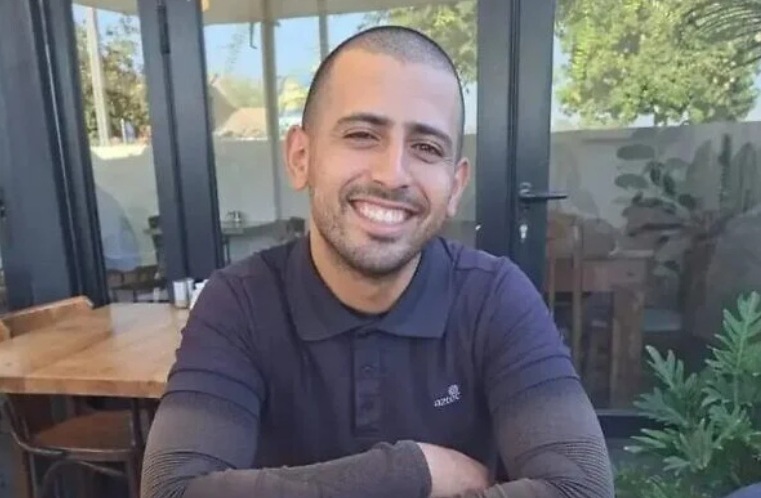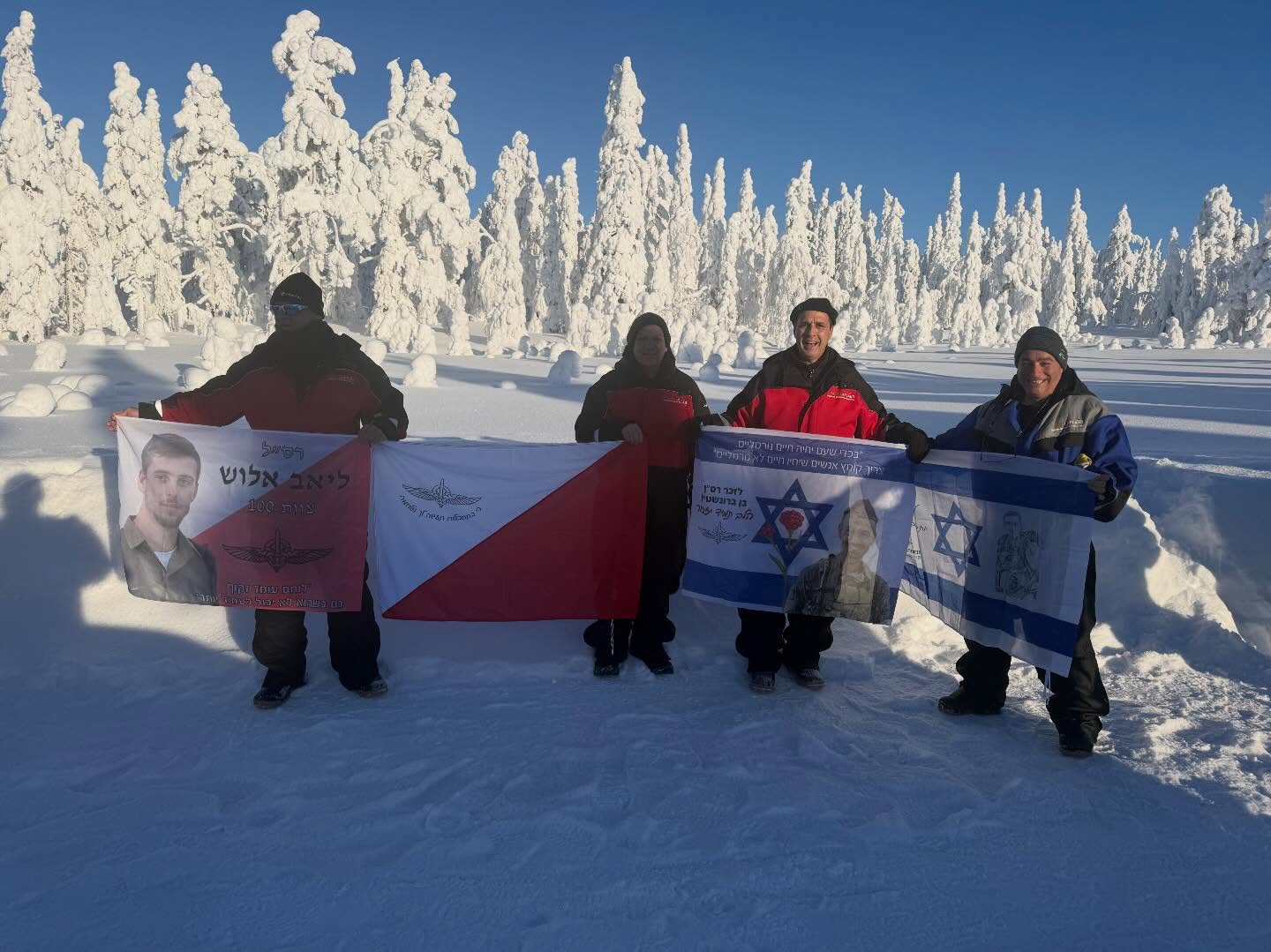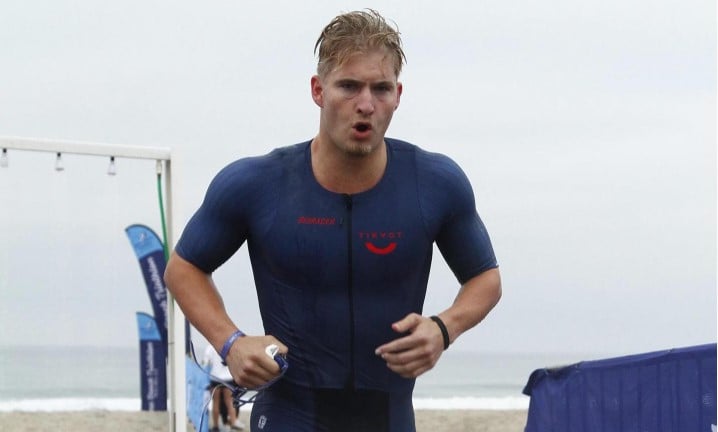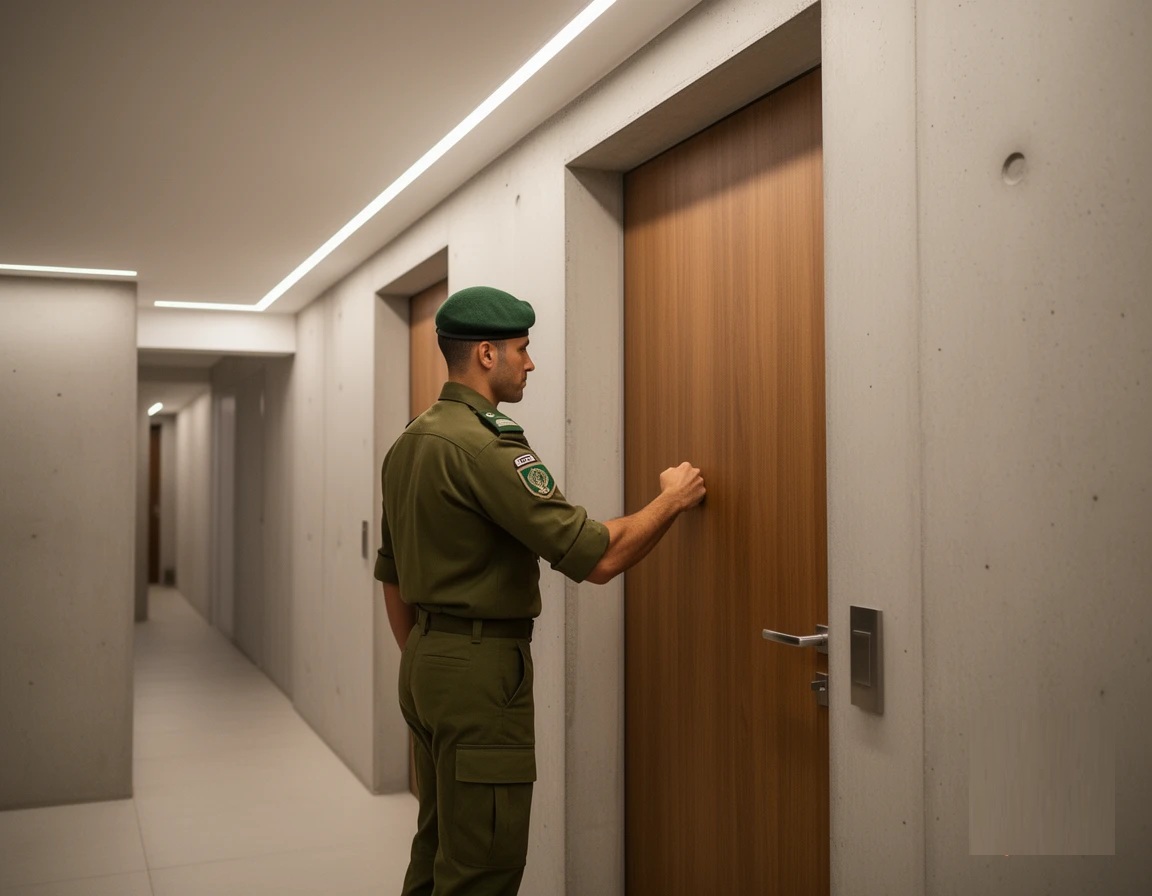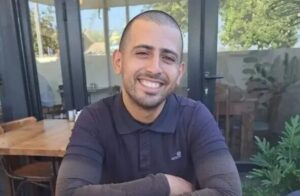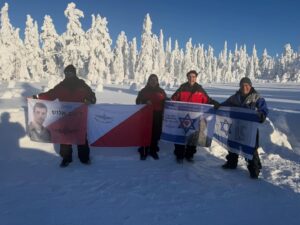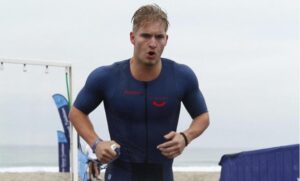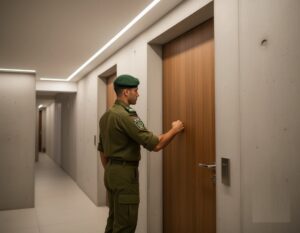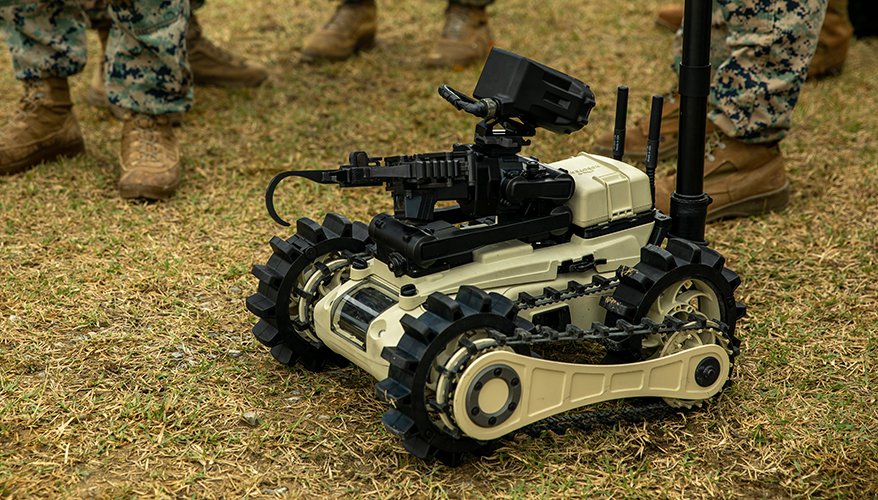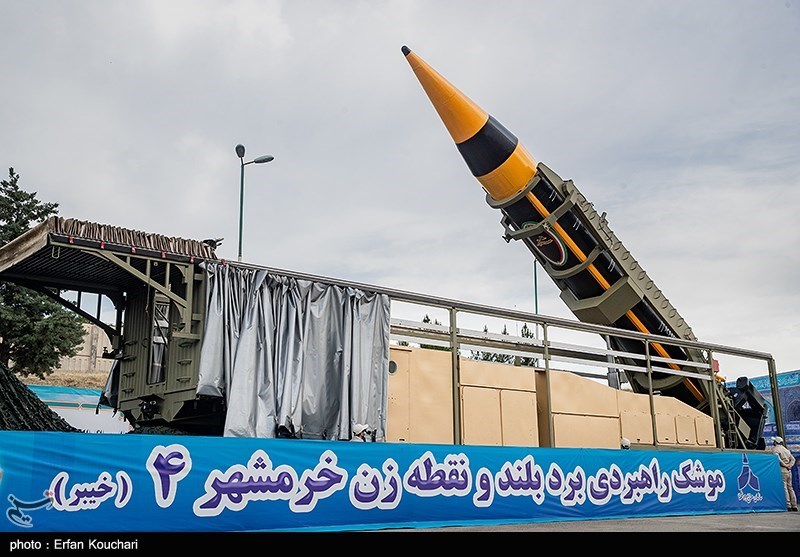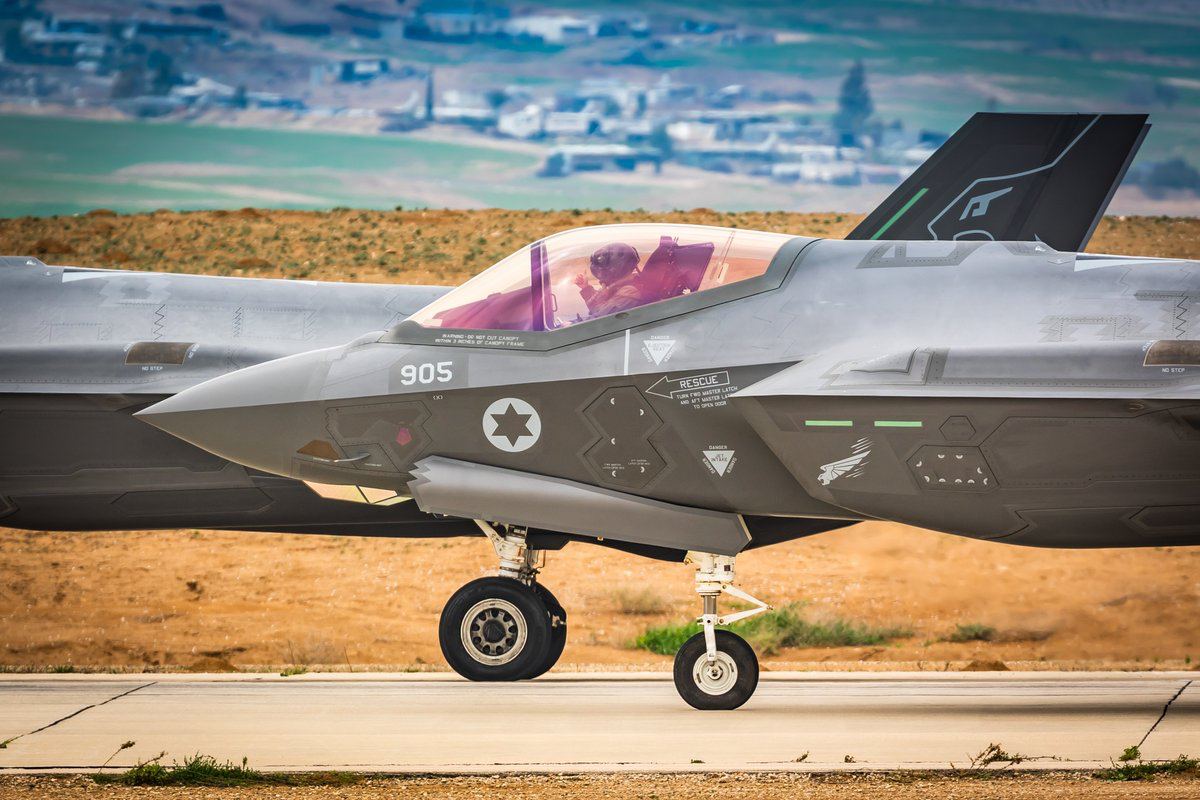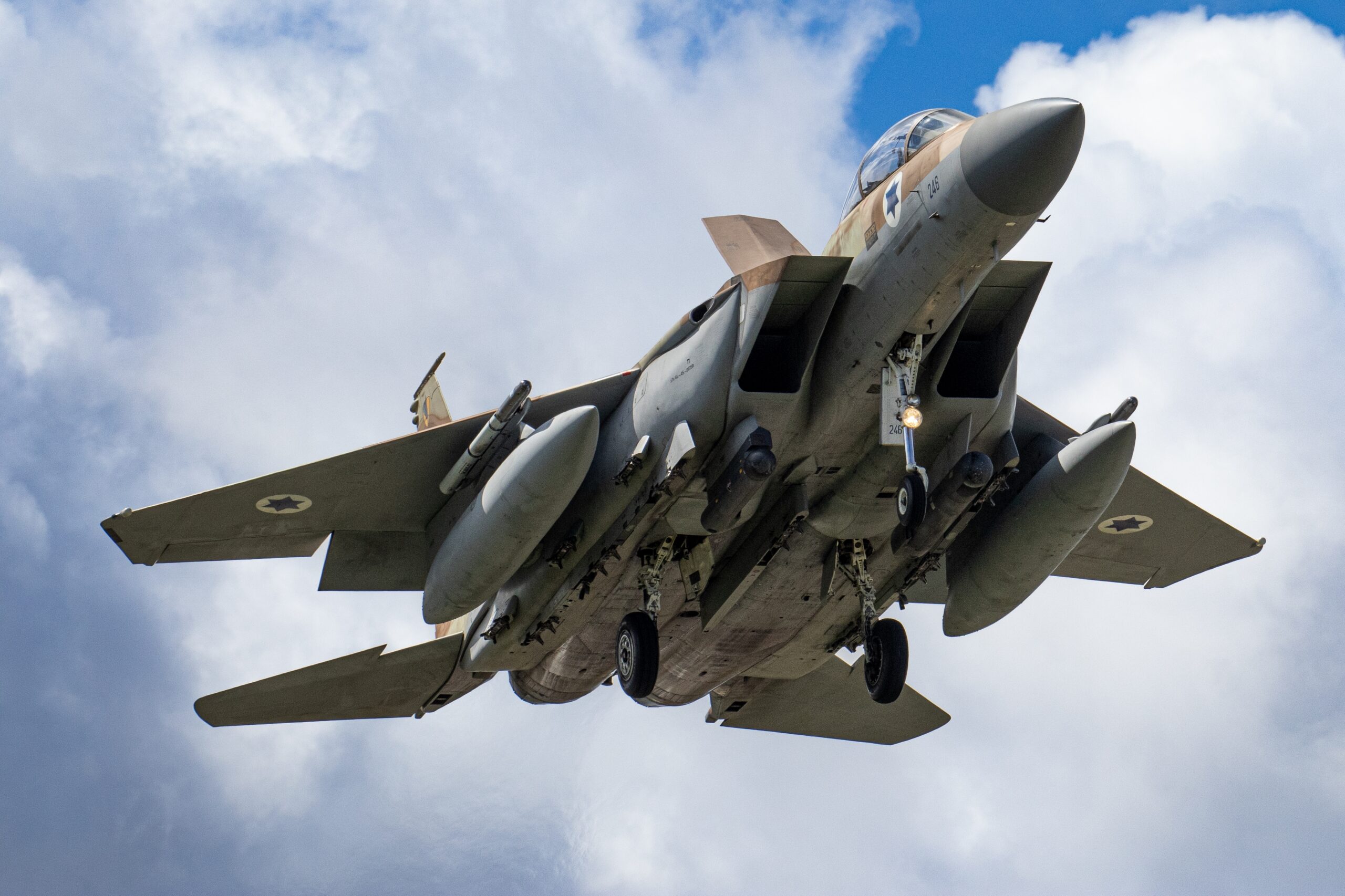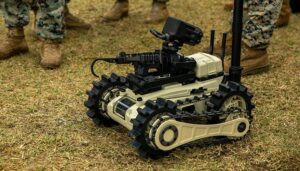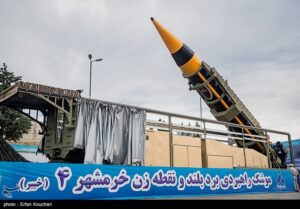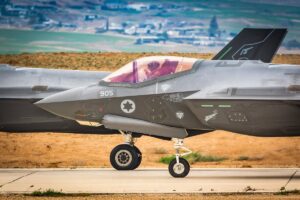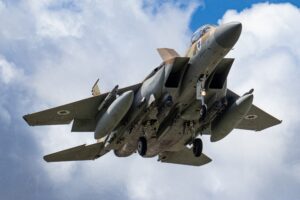In two years of war, more than 20,000 Israeli soldiers have been injured, half under the age of 30.
By Pesach Benson, TPS
Under the hum of Jerusalem’s evening lights, three soldiers stand as living reminders of the chaos and cost of October 7.
Injured in battle, they carry the visible scars of combat and the invisible weight of lost comrades. Each has endured trauma, yet their resilience shines through as they rebuild their lives.
At 21, Daniel V. from Petah Tikva had just completed medic training with the Golani Brigade when Hamas attacked southern Israel on October 7, 2023.
Inside a disabled armored personnel carrier near Kibbutz Nir Am, he fought to save his comrades amid the chaos. When a grenade landed inside, his comrade Matan Abergil threw himself over it, saving the team and losing his life.
Daniel treated the wounded under fire, opened an emergency hatch to vent gas, and kept his men alive until rescue arrived.
After the war, the silence was unbearable. He struggled with nights that stretched long and empty, the memories of explosions and cries echoing in his mind.
Eventually, Daniel found a path forward through the support of others who had survived. “Maybe because I had accepted death,” he says softly, “I learned how to live.”
Tom H., also of Golani, woke on October 7 to the sound of rockets and quickly realized he was the senior soldier left standing at his border outpost.
Wearing nothing but an undershirt and vest, he and his friend Binyamin turned chaos into command by arming an APC with a 37-kilogram gun, driving through fire to defend Nir Am, and shielding trapped comrades until reinforcements arrived.
When the dust settled, the real war began—the inner one. Sleepless nights, guilt, the sense that survival itself needed justification.
For Tom, healing began in small steps: joining others for adaptive games and activities that allowed him to reconnect with his body and his sense of agency. “It wasn’t just football,” Tom said. “It was breathing again.”
For Boris S., healing came with a different rhythm. On July 22, 2025, the 27-year-old stood beneath a wedding canopy in Jerusalem.
When the time came to break the glass, he raised his prosthetic leg and brought it down with strength that made the room erupt in tears.
Just two months later, on Hoshana Rabbah of this Sukkot, he stood again—this time in front of new immigrants, sharing his story of loss, faith, and rebuilding.
Born in Ukraine, Boris made aliyah at 12 and served in Duvdevan, an elite commando unit. When the war began, he rushed back from Japan to rejoin his unit.
On November 10 in Beit Hanoun, a massive explosion killed four friends and took his leg. It was only later, through the support of Belev Echad, that he found advanced prosthetics, therapy, and the presence of a community that helped him reclaim life.
Belev Echad is a New York-based nonprofit that supports Israeli soldiers wounded in action, providing respite, rehabilitation, and emotional support.
“When we met Boris, we didn’t see an amputee—we saw a whole soul,” said Rabbi Uriel Vigler, who founded Belev Echad with his wife, Shevy.
“Seeing him stand under the chuppah was a victory for every wounded heart in Israel.” Shevy Vigler adds, “Belev Echad is not about what they lost—it’s about what still shines inside them. Boris’s wedding wasn’t just a celebration. It was hope made visible.”
At the Sukkot gathering, Boris’s words silenced the room before filling it with applause.
“When a new immigrant hears a soldier like Boris say, ‘I lost a leg but not my future,’ it gives them an anchor in this land,” says Linda Pardes-Friedburg, CEO of Shishi Shabbat Yisraeli, a grassroots initiative that connects Russian-speaking immigrants with Israeli life and volunteer opportunities.
“On Hoshana Rabbah — a night of prayers for life — he gave us all faith in life itself,” Pardes-Friedburg said.
Inside Belev Echad’s Kiryat Ono home, Daniel, Tom, and Boris often cross paths—three men from different battles, united by survival. “Surgeons close wounds,” Rabbi Vigler said, “but we try to open hearts.”
In two years of war, more than 20,000 Israeli soldiers have been injured, half under the age of 30.


